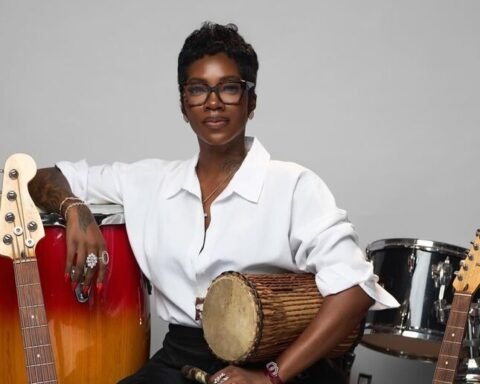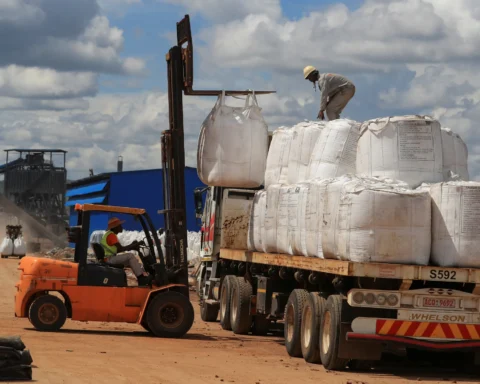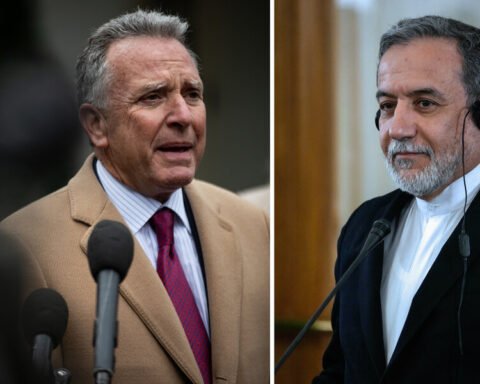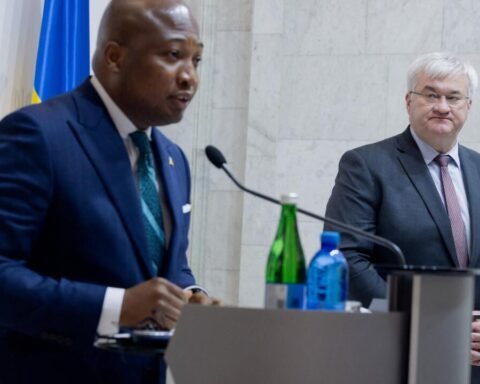Tanzania’s Commission for Human Rights and Good Governance (CHRAGG) hosted a delegation from the Malawi National Children’s Commission (MNCC)
for a high-level bilateral meeting aimed at boosting the protection and promotion of children’s rights across both nations.
The meeting was held at CHRAGG’s national headquarters in Dar es Salaam and led by Commissioner Nyanda Shuli, who emphasized the importance of joint efforts in creating safer, more inclusive environments for children.
“Children face similar threats across borders—from abuse to trafficking—and no country can tackle these issues alone. Partnerships like this are essential,” said Shuli.
Discussions focused on strengthening institutional collaboration to address systemic challenges such as child abuse, neglect, early marriage, and child labour. Officials also explored ways to enhance child-friendly justice systems and improve responses to complaints lodged by or on behalf of minors.
Tanzania’s CHRAGG showcased its Children’s Desk, a specialised unit responsible for handling reports related to violations of children’s rights. The unit works with communities, schools, and legal institutions to ensure children receive the protection they are entitled to under both national law and international treaties.
On its part, MNCC presented its achievements since its establishment in 2024, including community outreach initiatives and legislative reform to harmonize Malawi’s domestic laws with international conventions like the United Nations Convention on the Rights of the Child (CRC).
Both CHRAGG and MNCC operate under the principles outlined in the African Charter on the Rights and Welfare of the Child (ACRWC), a continental framework that obliges states to protect children from all forms of abuse, exploitation, and harmful cultural practices.
The two commissions also pledged to work more closely in preparing and submitting periodic reports to the African Committee of Experts on the Rights and Welfare of the Child (ACERWC), the African Union body that monitors compliance with the charter.
To support this goal, both sides discussed forming joint technical working groups, as well as initiating staff exchange programmes, capacity building, and cross-border training workshops on child rights monitoring, case management, and data collection.
One key issue raised was the growing concern around cross-border child trafficking, which remains a persistent threat in East and Southern Africa. The delegations agreed to develop a shared strategy for addressing this issue through improved intelligence-sharing, joint investigations, and regional policy harmonisation.
Also Read; TRA Grants Tax Amnesty for Non-Compliant Vehicles
Malawi’s team also emphasized the importance of integrating psychosocial support into child protection frameworks, especially for children affected by domestic violence, displacement, or orphanhood caused by HIV/AIDS or other crises.
The meeting concluded with a joint declaration reaffirming the commissions’ commitment to advancing the rights of children through cooperative frameworks. The parties agreed to meet regularly, review progress, and involve civil society actors, including child-led organizations, in future planning and implementation.
“By working together, we can close the gaps that leave children vulnerable,” said an MNCC representative. “This partnership is not just about policies—it’s about protecting lives.”
Both institutions will now begin drafting a formal memorandum of understanding to guide their cooperation in the months and years ahead.







